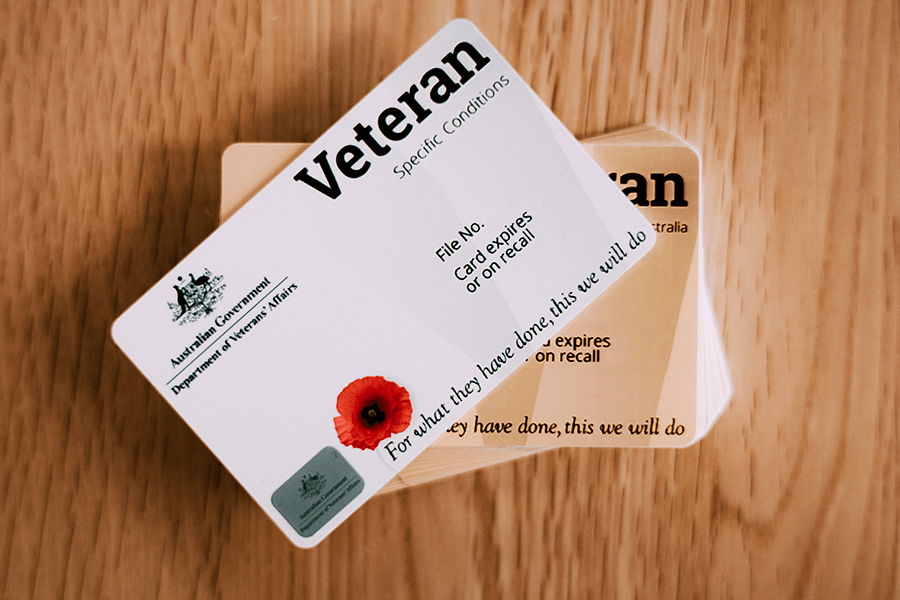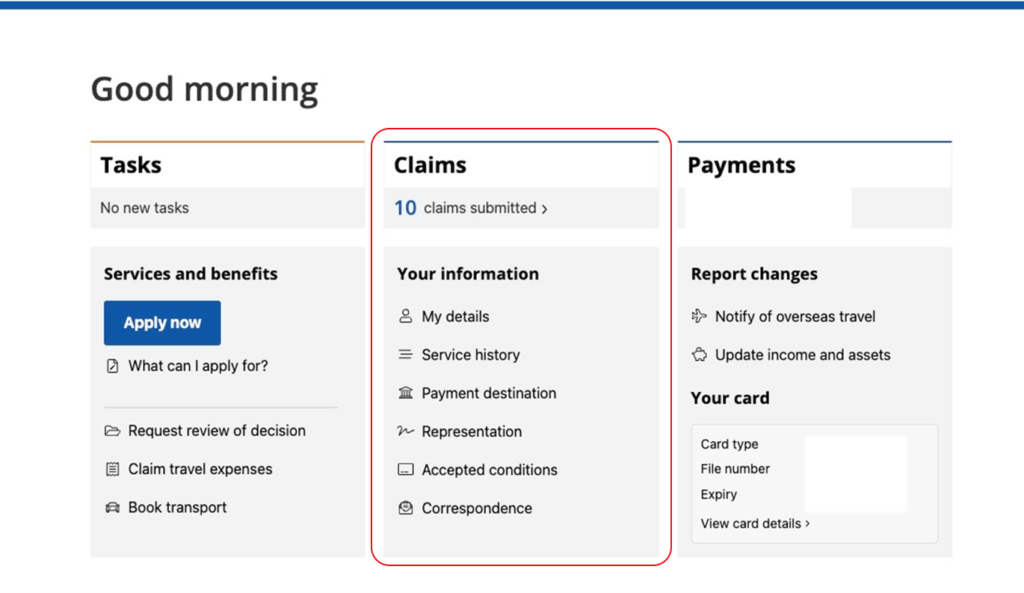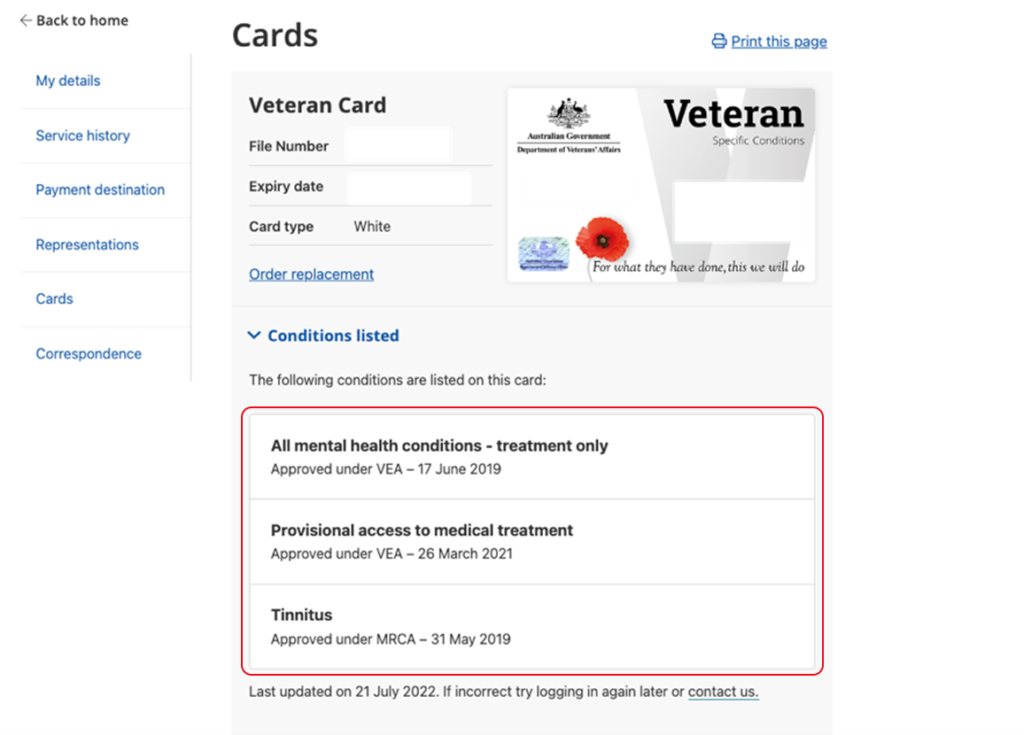Remembrance Day, held on 11 November each year, is one of the most solemn days on Australia’s commemorative calendar. It’s a day dedicated to honouring the lives lost and the sacrifices made by those who served Australia in wars, conflicts, and peacekeeping missions. This significant day marks the anniversary of the Armistice that ended fighting with Germany in World War I, on 11 November 1918.
 At the 11th hour of the 11th day of the 11th month, we pause for a minute’s silence, commemorating the moment when the guns of the Western Front finally fell silent after four gruelling years of warfare. This moment has since become universally symbolic, not only to reflect on those who died in the First World War but to honour all who have served and suffered in the name of peace. Across Australia and many other countries, this simple, powerful act of silence serves as a reminder of the costs of war and the value of peace.
At the 11th hour of the 11th day of the 11th month, we pause for a minute’s silence, commemorating the moment when the guns of the Western Front finally fell silent after four gruelling years of warfare. This moment has since become universally symbolic, not only to reflect on those who died in the First World War but to honour all who have served and suffered in the name of peace. Across Australia and many other countries, this simple, powerful act of silence serves as a reminder of the costs of war and the value of peace.
For some, however, Remembrance Day can bring a unique set of challenges. As a time for honouring and remembering, it also often stirs up memories, feelings, and emotions – especially for members of the Defence community and their families. The commemorative events may serve as a stark reminder of those lost, personal sacrifices made, and experiences that are hard to forget. With this in mind, it’s important to prepare for the emotional weight of the day, to honour it in a way that feels right, and to look after ourselves and others.
Why Memorial Events Can Be Difficult
 While Remembrance Day is a powerful time to honour and reflect, it can also be an emotional trigger. Mental health professionals often see an increase in PTSD symptoms, anxiety, and depression leading up to and during these commemorative times. For many, it can feel like an overwhelming mix of emotions; grief for fallen comrades, reminders of past injuries or sacrifices, and even a sense of guilt. This experience is often compounded by negative self-talk or feelings of undeserving, which can be isolating and make the day feel more challenging.
While Remembrance Day is a powerful time to honour and reflect, it can also be an emotional trigger. Mental health professionals often see an increase in PTSD symptoms, anxiety, and depression leading up to and during these commemorative times. For many, it can feel like an overwhelming mix of emotions; grief for fallen comrades, reminders of past injuries or sacrifices, and even a sense of guilt. This experience is often compounded by negative self-talk or feelings of undeserving, which can be isolating and make the day feel more challenging.
These emotions sometimes lead people to seek coping mechanisms that may be unhelpful in the long run, such as increased medication use or withdrawal from social interactions. Feelings of guilt, isolation, or anger can arise, making it difficult to navigate the day. For those who experience hypervigilance or high levels of stress, Remembrance Day can heighten these responses, creating a sense of being on edge.
Self-Care Tips for Commemoration Days
There is no “right” way to honour Remembrance Day. Here are some ways to prepare yourself mentally and emotionally, allowing you to observe the day in a way that feels meaningful and manageable:
- Be Kind to Yourself
Recognise that whatever you feel on this day is valid, and there’s no prescribed way to commemorate it. If attending a service feels overwhelming, it’s okay to choose not to go. Remind yourself that thoughts and memories, though powerful, are not always factual reflections of the present. They’re simply part of your experience, and it’s okay to acknowledge them without letting them define you. - Stay Connected
Staying in touch with supportive friends and family can be grounding, even if it’s through a simple message or phone call. Spend time with people who bring a sense of calm and are open to listening. Connection doesn’t have to be face-to-face; sometimes, knowing someone is there if you need them is comforting. - Limit News and Social Media Exposure
News coverage of Remembrance Day events can be intense and triggering. If you find this challenging, consider limiting your screen time around this period to protect your mental well-being. Curating what you watch or read can make the day feel a little lighter and help reduce feelings of anxiety or sadness. - Engage in Positive Activities
Activities that bring a sense of calm or joy, like spending time outdoors, soaking in sunlight, or enjoying a hobby, can positively influence your mood. Sometimes a gentle distraction, even as simple as a walk in nature, can help reset your perspective and lift your spirits.
Supporting Friends and Family Members
 For those close to Defence community members, understanding the emotional impact of Remembrance Day can make a real difference. Even if you are filled with pride for the service member in your life, remember that they may have a more complex relationship with the day. Be patient and acknowledge that their emotions may vary. Sometimes, simply validating their feelings or sharing quiet time together is enough.
For those close to Defence community members, understanding the emotional impact of Remembrance Day can make a real difference. Even if you are filled with pride for the service member in your life, remember that they may have a more complex relationship with the day. Be patient and acknowledge that their emotions may vary. Sometimes, simply validating their feelings or sharing quiet time together is enough.
Ask how they would like to observe the day and offer gentle support. This could mean joining them for a commemorative event, providing space for reflection, or finding ways to commemorate that feel meaningful to them as a family. Support can also mean recognising when they need time alone and reassuring them that you’re there when they’re ready to connect.
Honouring the Past, Supporting Each Other in the Present
 Remembrance Day is a powerful reminder of the sacrifices made by so many in service of peace. While it is a time to look back and honour those who served, it’s also an opportunity to show compassion – for ourselves and each other. Finding ways to commemorate that feel right to you, while staying mindful of the emotional impact, is a meaningful way to approach this important day.
Remembrance Day is a powerful reminder of the sacrifices made by so many in service of peace. While it is a time to look back and honour those who served, it’s also an opportunity to show compassion – for ourselves and each other. Finding ways to commemorate that feel right to you, while staying mindful of the emotional impact, is a meaningful way to approach this important day.
Above all, Remembrance Day is a collective time for reflection. Whether we observe it through a minute’s silence, attending a service, or spending the day quietly at home, the true meaning lies in honouring the memories and legacies of those who served. As we pause, we also remember to care for ourselves and each other, embracing the resilience that this day represents.









